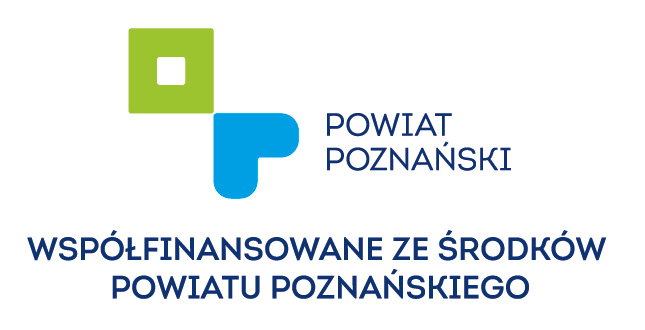61s: 79-82
Dag Lindgren
Picea abies breeding in Sweden is based on clone testing
Dendrobiology 2009, vol. 61 supplement: 79-82
Abstract: In the last decades, clone testing has become an important component of the long-term breeding and seed orchards for Norway spruce in Sweden. For more than three decades, considerable resources have been spent on testing clones intended for clonal forestry, but the Swedish forestry never saw it worth to pay the added cost involved in the added gain. The efforts, however, resulted in many clone trials and developments in the technique for clone production and propagation. Theoretically, clone testing is faster and cheaper than progeny testing and more reliable than selecting individuals forwards. Nowadays, the main line in long-term breeding is to make crosses between the best trees and test-cloned full-sibs as a recruitment population for long-term breeding and seed orchards. Since controlled crosses are a bottleneck for long-term breeding, a possibility is to rely on wind pollination (Breeding Without Breeding; BWB) in trials for testing clones. The seed parent is known, and that the pollen parent is a desirable genotype can be checked by molecular markers. BWB has the potential to eliminate the waiting time between selection and recombination, which is particularly important in a late and irregularly flowering species such as Norway spruce. Clone testing ensures that the breeding values are known from the same tests as those used for BWB. Another option for BWB is to place in seed orchards a few ramets of clones belonging to the breeding population, but normally not deserving such a use, with the hope that their presence will make it possible to rely on wind pollination
to recombine the whole breeding population.
Additional key words: Norway spruce, rooted cuttings, seed orchards, long-term breeding, Breeding Without Breeding











